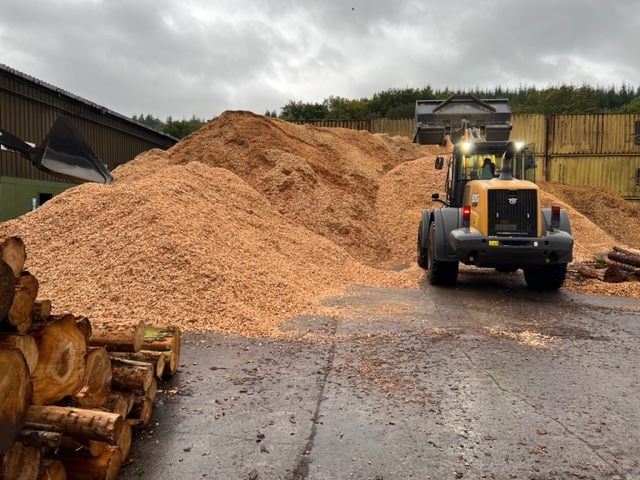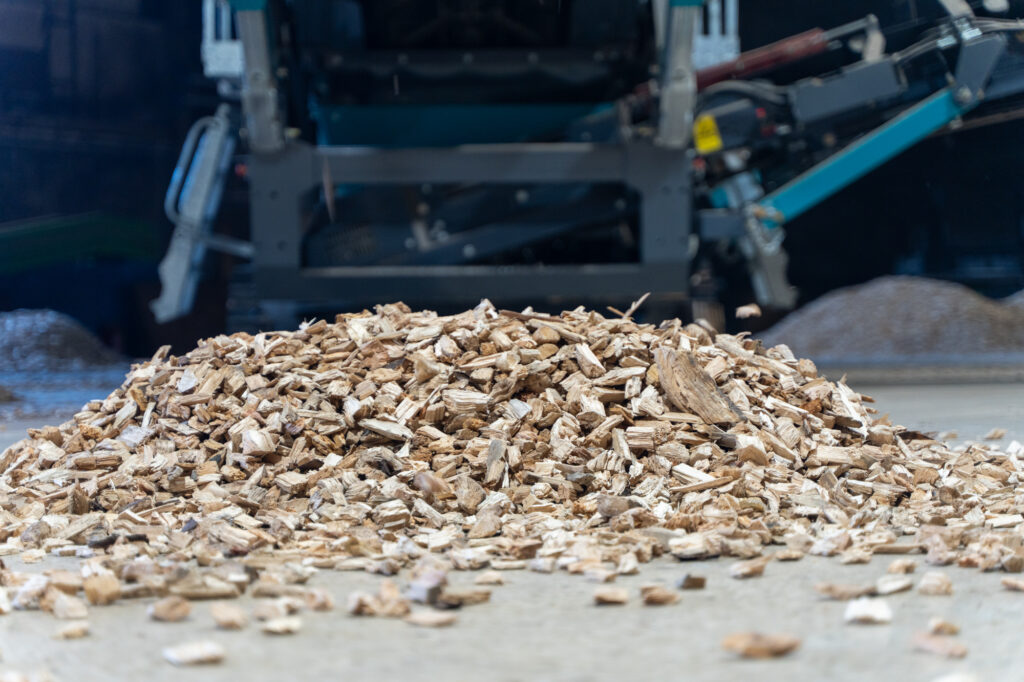
renewable fuel source
what is biomass heating?
Contact Us
- Use our simple Contact Form
- info@biosolrenewablesuk.co.uk
- 0800 689 0550
Find Us
-
Biosol Renewables Limited,
Resolven Enterprise Park Neath Swansea SA11 4HN
Opening Hours
- Monday-Friday: 9:00AM-6:00PM
- Saturday & Sunday: 9:00AM-2:00PM

renewable fuel source
what is
biomass heating?
Biomass heating systems burn biological materials to provide a renewable and sustainable source of fuel. Wood fuel in various forms such as pellets, chips and logs is most commonly used, but it is also possible to use other fuels such as straw, grain, peat and even manure.
These renewable fuel sources can be up to 50% cheaper than oil, 65% cheaper than LPG, and 75% cheaper than electricity.
Biomass heating can be used in a number of ways to suit the location in which it is installed. For example, district heating (also known as heat networks) use a centralised boiler to heat a number of buildings using a network of insulated pipes. This kind of heating system would suit a business premises with a number of connected buildings, or a farm complex with a main building and additional structures such as barns etc.
Another RHI-approved use of biomass heating is for drying crops and other materials. Many farmers, recycling centres, factories, woodland managers and owners have a need to dry various materials and this can be incorporated into your heating system. This can reduces storage and refuse costs and is another benefit of biomass systems.
Biomass Heating Investment:
A Long-Term Proposition
Biomass Heating Investment: A Long-Term Proposition
Financial benefits
Although installation of biomass heating systems can be more expensive than traditional fossil fuel burners, the financial incentives offered by the UK government mean that a 20-year return on investment of approximately 20% is possible.
The Renewable Heat Incentive (RHI) is a government-backed scheme which pays participants every quarter for the amount of heat used over the previous three months. Because of RHI, the initial expenditure on installing a commercial biomass heating system is typically paid off in around five to six years, leaving an additional 15 years or so for owners to benefit from the financial incentives. What’s more, RHI is linked to the Consumer Price Index meaning that the rate you are paid rises each year. Please see our RHI page for more information.
Businesses which produce wood by-products on site are also able to save money by using these products in their biomass heating systems, rather than paying to have them taken away.
Want To Know More?
To find out how you can increase revenue month after month
Speak to our Biosol Renewables team now
Reducing Carbon Emissions with Biomass Heating
Environmental benefits
The benefits of installing a commercial biomass heating system are not limited to financial ones; many businesses are motivated by the environmental benefits of using renewable fuel sources.
Along with the financial benefits you can also play your part in reducing carbon emissions by replacing a fossil fuel system with a biomass one. Because the carbon in biomass has been recently absorbed from the atmosphere as carbon dioxide (CO2) it is simply returned to the environment when burned creating a closed carbon cycle. When fed by sustainably managed fuel sources, biomass heaters create no net increase in atmospheric CO2 levels, and therefore leave zero carbon footprint.
Wood-based fuel can be sourced from continuously replanted woodland, or even from arboriculture management, coppicing, and other environmentally friendly sources.


